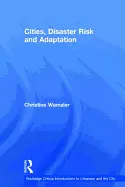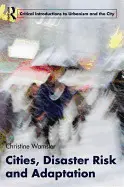Cities Disaster Risk And Adaption
Christine Wamsler
Brief Description:Introduction. 1.Setting the Scene -- Part 1: Theoretical Framework. 2. Sorting out the Conceptual 'Jungle' Associated with Urban Risk Reduction and Adaptation; 3. The City-- disasters Nexus: A Two-way Relationship -- Part 2: Current Practice. 4. City Authorities' Approaches to Urban Risk Reduction and Adaptation; 5. City dwellers' Own Ways to Reduce and Adapt ...
Sinopsis
Brief Description:
Introduction. 1.Setting the Scene -- Part 1: Theoretical Framework. 2. Sorting out the Conceptual 'Jungle' Associated with Urban Risk Reduction and Adaptation; 3. The City-- disasters Nexus: A Two-way Relationship -- Part 2: Current Practice. 4. City Authorities' Approaches to Urban Risk Reduction and Adaptation; 5. City dwellers' Own Ways to Reduce and Adapt to Urban Risk -- Part 3: Moving Forward . 6. Towards Sustainable Urban Risk Governance and Transformation; 7. Concluding Remarks.
Biographical Note:
Christine Wamsler is Associate Professor at Lund University Centre for Sustainability Studies (LUCSUS), Associate of Lund University Centre for Risk Assessment and Management (LUCRAM), Sweden, and Honorary Fellow at the Global Urban Research Centre (GURC) and the Institute for Development Policy and Management (IDPM) of the University of Manchester, UK. She is also part of the personnel pool of risk reduction experts of the Swedish Civil Contingencies Agency (MSB). In addition, Christine has been working as a consultant for diff erent organizations, such as the International Institute for Applied Systems Analysis (IIASA), the German Society for International Cooperation (GIZ), the German, Austrian and Belgium Red Cross, the Swedish International Development Cooperation Agency (Sida), the Swedish Organization for Individual Relief (SOIR/IM) and various local NGOs. Places where she has worked and conducted research include Brazil, Chile, Colombia, El Salvador, Germany, Guatemala, India, Kosovo, Mexico, Peru, the Philippines, Sweden, Tanzania, Togo and the UK. Christine's research interests are in sustainable city development and focus on disaster risk reduction, climate change adaptation and urban resilience.
Review Quotes:
"A very timely and valuable contribution to the literature for urban planners, city governments and all those who wish to understand the interactions between urbanization, disaster risk and climate change, and explore innovative ways and means of action." David Satterthwaite, "Senior Fellow at the International Institute of Environment and Development, coordinating lead author on the IPCC Fifth Assessment Report"
"I congratulate the author on this important book which bridges the gap between theory, rhetoric and the daily efforts to manage disasters and reduce risk in urban areas worldwide. It develops new thinking, offers practical ideas, and lessens the time-consuming task of searching for advice on what does or does not work. Its usefulness extends far beyond its directly intended readership." Margareta Wahlstrom, United Nations Special Representative of the Secretary-General for Disaster Risk Reduction
Table of Contents:
List of boxes -- List of figures -- List of tables -- Test yourself scenarios -- Acknowledgements -- Introduction -- 1. Setting the scene -- 1.1. Rationale and scope -- 1.2. Overall aim -- 1.3. Outline -- 1.4. Format and style -- Part 1. Theoretical framework -- 2. Sorting out the conceptual 'jungle' associated with urban risk reduction and adaptation -- 2.1. Basic concepts -- 2.2. Measures for reducing and adapting to increasing risk -- 2.3. Processes and working fields related to risk reduction and adaptation -- 2.4. Mainstreaming risk reduction and adaptation into urban planning -- 2.5. From urban planning to urban risk governance -- 2.6. From risk governance to urban flow management -- 2.7. Summary - for action taking -- 2.8. Test yourself - or others -- 2.9. Guide to further reading -- 2.10. Web resources -- 3. The city-disasters nexus: a two-way relationship -- 3.1. City features -- 3.2. Cities' influence on disasters -- 3.3. Disaster impacts on cities -- 3.4. Climate change: reinforcing the city-disasters nexus -- 3.5. Differences in cities' risk patterns -- 3.6. Summary - for action taking -- 3.7. Test yourself - or others -- 3.8. Guide to further reading -- 3.9. Web resources -- Part 2. Current practice -- 4. City authorities' approaches to urban risk reduction and adaptation -- 4.1. Overview of prevailing measures -- 4.2. Overview of prevailing mainstreaming strategies -- 4.3. Differences in institutional approaches: current planning practice and increasing risk -- 4.4. City-to-city (and -citizens) knowledge transfer -- 4.5. Summary - for action taking -- 4.6. Test yourself - or others -- 4.7. Guide to further reading -- 4.8. Web resources -- 5. City dwellers' own ways to reduce and adapt to urban risk -- 5.7. Coping through hazard reduction and avoidance -- 5.2. Coping through vulnerability reduction -- 5.3. Coping through preparedness for response -- 5.4. Coping through preparedness for recovery -- 5.5. Differences in city dwellers' approaches: from single coping strategies to the effectiveness of coping systems -- 5.6. Citizen-to-citizen (and -city) knowledge transfer -- 5.7. Summary - for action taking -- 5.8. Test yourself - or others -- 5.9. Guide to further reading -- 5.10. Web resources -- Part 3. Moving forward -- 6. Towards sustainable urban risk governance and transformation -- 6.7. Theoretical versus practical planning approaches -- 6.2. City dwellers' versus city authorities' approaches -- 6.3. Bridging the gaps -- 6.4. From disaster resilience to sustainable urban transformation -- 6.5. Summary - for action taking -- 6.6. Test yourself - or others -- 6.7. Guide to further reading -- 6.8. Web resources -- 7. Concluding remarks -- Notes -- Bibliography -- Index.
Publisher Marketing:
Worldwide, disasters and climate change pose a serious risk to sustainable urban development, resulting in escalating human and economic costs. Consequently, city authorities and other urban actors face the challenge of integrating risk reduction and adaptation strategies into their work, although related knowledge and expertise are still scarce. 'Cities, Disaster Risk and Adaptation' explores ways in which resilient cities can be 'built' and sustainable urban transformations achieved.
Comentarios
Sé el primero en comentar este libroArtículos relacionados
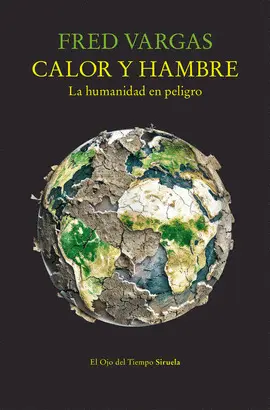
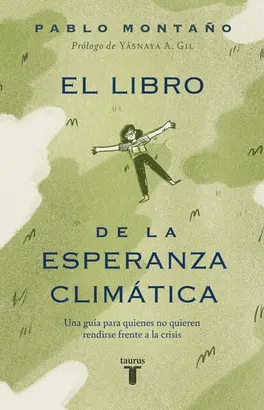

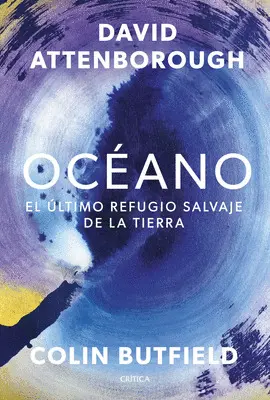
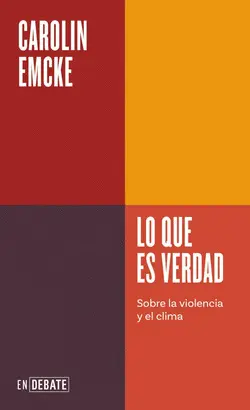
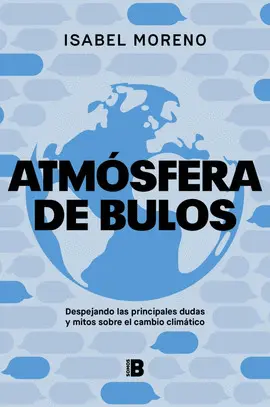
Otros libros del autor
